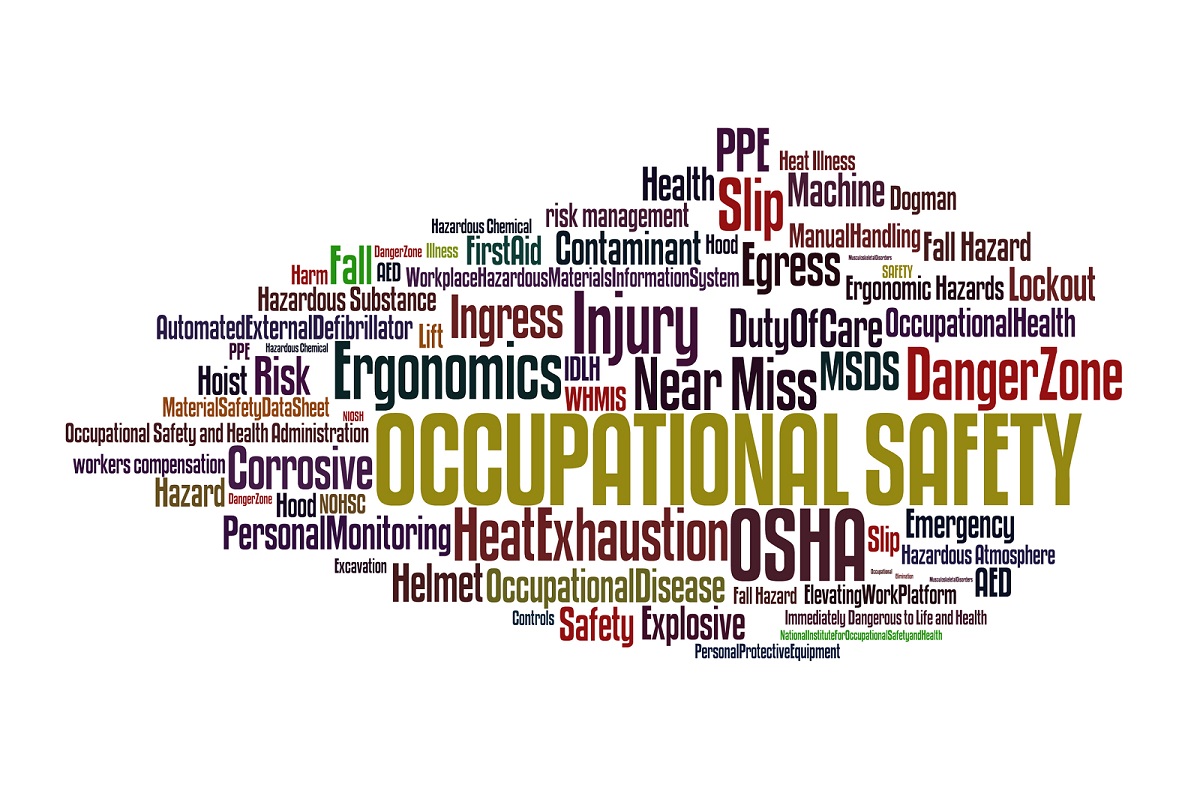CARES Act Provides Financial Relief for Health Care Providers

The CARES Act, signed into law on Friday, contains a number of provisions affording financial relief to health care providers who have been struggling with the impact of the COVID-19 pandemic.
$100 Billion Public Health and Social Services Emergency Fund
Among the most significant of the CARES Act provisions is the $100 Billion Public Health and Social Services Emergency Fund from which the Department of Health and Human Services (HHS) will reimburse “eligible health care providers“ for non-reimbursable expenses related to treatment for COVID-19. An eligible health care provider includes public entities, Medicare and Medicaid suppliers and providers including hospitals, and other non-profit and for-profit entities as specified by HHS. All non-reimbursable expenses or lost revenues directly related to COVID-19 may qualify, including such things as construction of temporary structures, retrofitting existing facilities to provide for isolation of patients, leasing of property, medical supplies and equipment such as PPE and testing supplies, and increased workforce hiring,
Health care providers wishing to apply for such Emergency Funds must submit an application to HHS that includes a statement supporting the COVID-19 need for such funds. Applications will be reviewed and funds awarded on a rolling basis with HHS having significant authority to determine how the Emergency Funds may be allocated. The CARES Act does not provide details on the application procedures but it is expected that HHS will issue guidance on the process shortly.
Medicare Payment Adjustment Provisions
Included in the CARES Act are a number of additional provisions applicable during the COVID-19 emergency period for health care providers caring for Medicare patients:
- Eliminating the Medicare sequester (which reduced payments to providers by 2%) from May 1 – December 31, 2020
- Providing a 20% add on to the DRG rate for COVID-19 patients treated at inpatient prospective payment system hospitals
- Expanding the ability of qualified hospitals to request and receive accelerated Medicare payments up to a six-month advanced lump sum or periodic payments for which repayment could be delayed for four months and would be interest-free for at least twelve months
- Waiving the 50% Rule and Site-Neutral payment policies for post-acute care providers so they can increase the capacity of the health care system without penalty
- Eliminating the $4 billion reduction in Medicaid disproportionate share hospital (DSH) payments for FY 2020 and reducing the FY 2021 DSH cuts from $8 billion to $4 billion; implementation of the FY 2021 DSH cuts will be delayed until December 1, 2020
Small Health Care Provider Access to SBA Economic Injury Disaster Loans
The CARES Act would make available to small businesses, which include health care providers with fewer than 500 employees, loans of up to $10 million from a pool of approximately $350 billion to be administered by the Small Business Administration (SBA). Note, however, that small hospitals or health care provider entities affiliated with larger health networks may not qualify as a small business eligible for these loans. Although the requirements will vary by the loan program, such loans could be used to pay payroll, benefits, interest on certain mortgage obligations, rent obligations, and utility payments. The CARES Act allows the SBA to expand loan forgiveness options, but forgiveness amounts will be subject to reductions for employee layoffs or wage reductions.
Health Care Provider Obligations for COVID-19 Testing
For COVID-19 diagnostic testing, health insurance plans are required to pay the cash price for such tests as listed on the health care provider’s public website unless another price is negotiated. Each provider of a COVID-19 diagnostic test must publicize the cash price for such a test on their website and failure to do so will subject the provider to civil money penalties of up to $300 per day that the violation occurs.
Other Health Care Provider Assistance Under the CARES Act
The CARES Act also includes additional provisions that will assist health care providers in responding to the pandemic. These include:
- Expansion of grant funding for telehealth network projects and telehealth resource center initiatives designed to promote and improve the use of telehealth technologies for underserved populations
- Providing additional funding for the prevention, diagnosis, and treatment of COVID-19
- Limiting liability for volunteer health care professionals
- Prioritizing Food and Drug Administration review of certain drugs to treat COVID-19
- Allowing emergency use of certain diagnostic tests that are not approved by the FDA
- Expanding health insurance coverage for diagnostic testing and requiring coverage for preventative services and vaccines
We anticipate further guidance from HHS and other executive agencies on the provisions of the CARES Act and we will continue to monitor developments and new guidance and share updates with you. If you have any questions concerning the CARES Act please contact sjarvaweiss@norris-law.com. For other topics related to the coronavirus, visit our Coronavirus Thought Leadership Connection.



